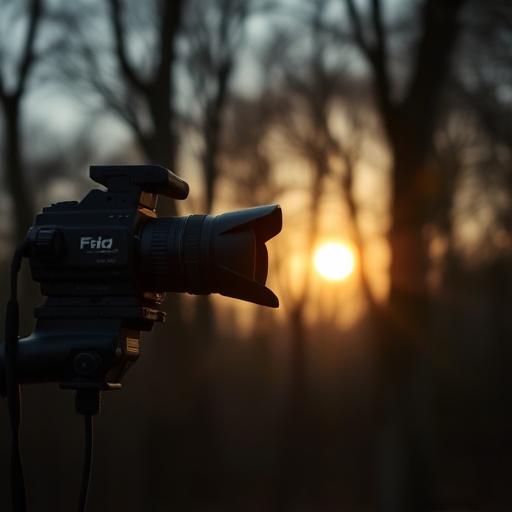Installing Legal Nanny Cameras in daycare centers requires navigating strict legal frameworks, obtaining parental consent, disclosing camera presence, and adhering to data protection laws to balance safety and privacy. Regular policy reviews are vital to maintain compliance with local regulations, fostering trust among parents, educators, and children while utilizing these cameras for insights into daily activities and discipline.
In the realm of childcare safety, covert camera networks equipped with nanny cameras have emerged as a game-changer. However, their installation requires meticulous planning and adherence to legal considerations. This article guides you through the essential best practices for installing and managing these systems in daycare centers. From navigating relevant laws and obtaining parental consent to strategic camera placement and robust network infrastructure, we explore crucial steps to ensure comprehensive coverage while respecting data privacy and ethical guidelines.
- Legal Considerations for Installing Nanny Cameras in Daycare Centers
- – Understanding relevant laws and regulations
- – Obtaining necessary permits and consent from parents
Legal Considerations for Installing Nanny Cameras in Daycare Centers
When considering the installation of nanny cameras in daycare centers, it’s paramount to address the legal considerations surrounding this practice. The use of hidden surveillance devices falls under strict privacy laws, and regulations vary by jurisdiction. In many regions, capturing images or audio of individuals without their knowledge is illegal, especially in shared spaces like daycare areas.
Daycare facilities must balance safety concerns with the right to privacy. To implement legal nanny camera networks, centers should obtain explicit consent from parents or guardians, clearly communicate the presence of cameras, and ensure their use aligns with local data protection laws. Regular reviews of privacy policies and staying informed about changing regulations are essential practices for maintaining compliance with legal Nanny Cameras for Daycare operations.
– Understanding relevant laws and regulations
Before installing any covert camera network, especially in sensitive areas like daycares, it’s paramount to understand and comply with local laws and regulations regarding surveillance technology. The use of legal nanny cameras for daycare operations must adhere to strict privacy standards to protect both children and staff. This includes obtaining necessary permits, informing all parties that the area is under surveillance, and ensuring the cameras are installed in a way that respects individual privacy while maintaining the safety and security of the facility.
Knowing and following these legal guidelines is not just a matter of avoiding fines; it’s about fostering trust among parents, educators, and children. Transparent use of surveillance technology can enhance daycare operations by providing valuable insights into daily activities, aiding in disciplinary matters, and ensuring the overall well-being of everyone within the facility.
– Obtaining necessary permits and consent from parents
When installing a covert camera network in a daycare or any setting involving children, it’s paramount to prioritize privacy and security while adhering to legal guidelines. The first step is obtaining the necessary permits from local authorities to ensure your Legal Nanny Cameras for Daycare installation complies with regional regulations. Additionally, gaining explicit consent from parents or guardians is crucial. This involves transparent communication about the camera network’s purpose, scope, and locations to install them. By following these best practices, you establish a safe environment while respecting individual privacy rights.
Consent forms should clearly outline what footage will be recorded, where cameras are placed, and how long recordings will be stored. It’s also important to inform parents about their rights regarding access to and control of the recorded data. This open approach fosters trust between caregivers, parents, and the daycare center, ensuring everyone feels secure while promoting the well-being of the children in care.
When it comes to installing a covert camera network in daycare centers, balancing safety and privacy is paramount. By adhering to legal considerations and obtaining parental consent, childcare providers can ensure they’re operating within ethical boundaries. Implementing these best practices fosters an environment where parents feel secure knowing their children are safe, while also respecting individual privacy rights. In the context of Legal Nanny Cameras for Daycare, a thoughtful and transparent approach is key to maintaining trust between families and institutions.
